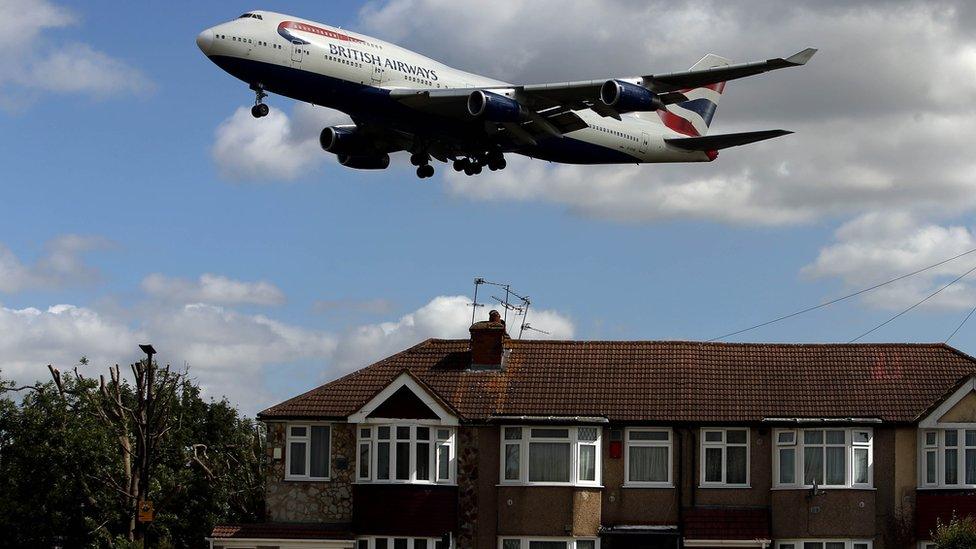Business warns of growing economic burden
- Published

Government policies are placing a "cumulative burden" on businesses, the Confederation of British Industry (CBI) has warned.
It said policies including the National Living Wage, the apprenticeship levy and pension auto-enrolment. had placed "a number of strains" on businesses.
It warned such strains were "adding up" and could put UK economic growth and job losses at risk.
The CBI also attacked the government's "wrong-headed" visa policies.
Business have repeatedly warned that the National Living Wage, which the government says will rise to £9 per hour by 2020, will place a significant burden on small businesses, in particular in the hospitality sector.
They have also raised concerns about the government's proposals to increase the number of apprenticeships to three million but expect industry to bear much of the cost of providing training.
Meanwhile, pensions auto-enrolment is still being rolled out with some small businesses still not expected to provide work place pensions until 2018.
'Struggle'
"Overall, UK policymakers need to deliver regulatory stability and predictability. Businesses struggle to invest when the rules repeatedly change - as we have seen in the energy sector where policy shifts have chilled investment," CBI director general Carolyn Fairbairn said highlighting the recent withdrawal of subsidies for green energy schemes.
While she acknowledged public concerns about immigration and pressures on some public services, Ms Fairbarn called on the government to "reform the UK's wrong-headed visa policies that are keeping global talent from our growing firms and global student from our world class universities".
Ms Fairbarn added that while the economy had recovered strongly from the financial crisis it could be "all too easily undermined by the short-termism of modern politics. We need to avoid this pattern in 2016, and keep a sharp eye on the long-term".
The CBI director-general also called the delay in the government's decision over airport expansion in southern England an "abject failure of leadership".
She said the government must "take the big decisions on infrastructure, especially in aviation and energy, and get building roads, rail and more homes".
"Good business needs good infrastructure - yet the UK currently ranks 24th in the world, according to the World Economic Forum. We have fallen badly behind over many decades - we must catch up and then pull away," she added.
- Published8 December 2015

- Published13 December 2015

- Published24 August 2015
